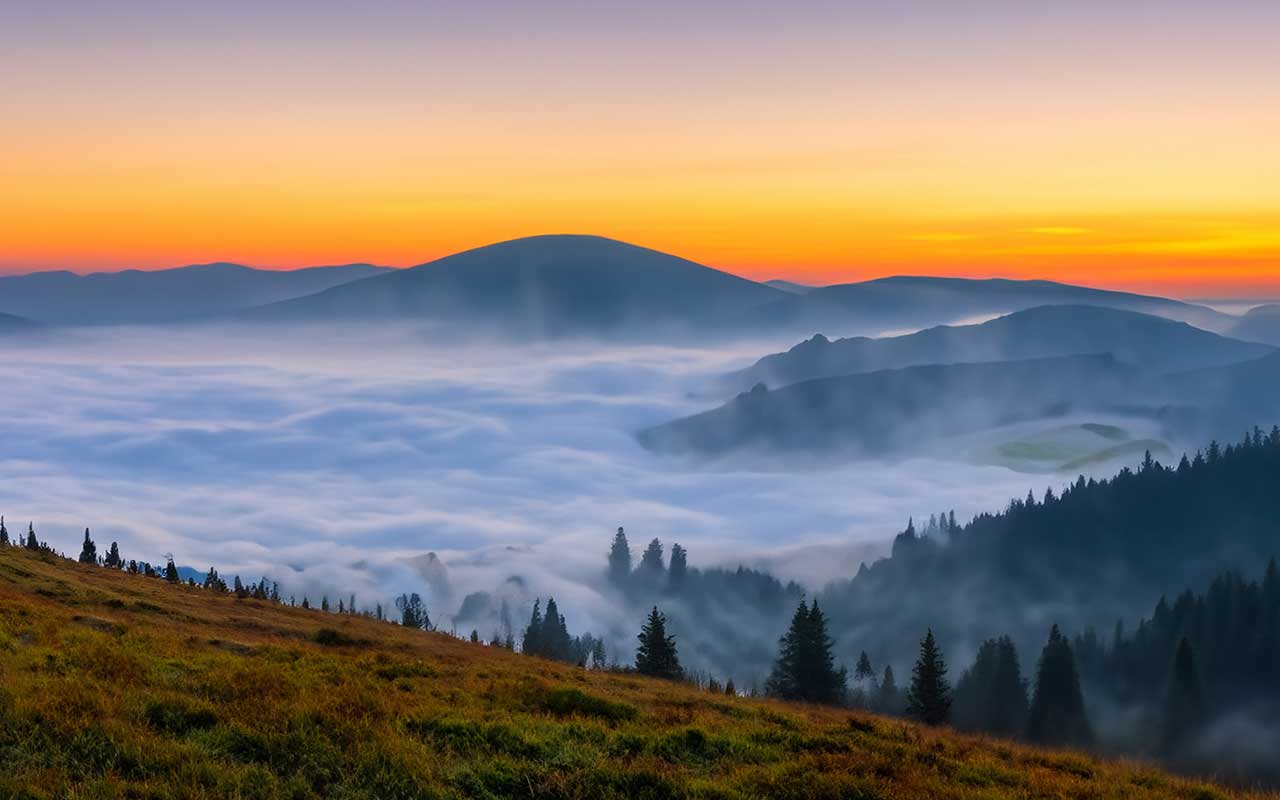At Large

Share a Cab
For the moment, let’s consider it “accidental intersection.” Coincidence seems too grand a designation, so it could only have been a simple twist of fate that the first song emanating from the car stereo speakers after we had emerged from a screening of Alex Garland’s Civil War was Joni Mitchell’s Big Yellow Taxi. The irony was not lost, however, as we sang along to familiar lyrics and navigated out of the theater parking lot.
“Don’t it always seem to go
That you don’t know what
you’ve got
‘Til it’s gone.”
Civil War has generated its fair share of comment and controversy. The term that appears most often in reviews and descriptions is “dystopian,” which should be enough of an alert to dissuade the more gently inclined from rushing out to see it. It’s brutal. It’s disturbing on many levels. It’s disorienting at moments when the crashing decline of the republic becomes most inevitable.
It’s an important film.
When in doubt, blow it up
Film auteur Garland has a colorful cinematic history that focuses his wildly imaginative projections of the future with a seemingly intense need to blow things up. Civil War has provided him with a canvas that he crams with so many frightening images that the occasional reaction to turn away from the screen is understandable. It is as if Picasso’s Guernica has become animated and we have been forced into the middle of the experience with no place to hide.
The film is a “what if?” projection that begins with the premise that the ideological fracturing of the United States has gotten to the point where state armies are converging on Washington, DC, to overthrow the government of a despotic president – a demagogue who has appointed himself to a third term and rules brutally without any sense of reality. California is banding with Texas. Florida has launched its own campaign. Chaos and killing abound.
Into this miasma are thrown four journalists – two photographers and two writers – who are intent on getting one last interview with the president, hence the road trip from New York to Washington via Pittsburgh and through Charlottesville, home of Jefferson’s vaunted University of Virginia. The film documents their experiences. Some survive. Some do not.
The conclusion of the film is far from triumphant but rather has the emotional impact of beating a drum with a broken head. There is rhythm, but it is a numbing thud, not a crisp report.
Back on the radio
And what could all of this possibly have to do with Big Yellow Taxi? How could Joni Mitchell’s often recorded 54-year-old ecological anthem have anything to do with a contemporary cautionary tale about politics gone horribly wrong?
We have been warned.
So many years ago Joni warned us about paving paradise and putting up parking lots, about putting trees in a “tree museum” and charging us just to see them. Yet, the world gets warmer, species continue to disappear, and the rising water levels may one day provide Vermont with oceanfront property. Human rights, always tenuous, seem to be fracturing as we watch on the evening news or “your favorite streaming device.”
Garland’s new work warns us what could happen if we become lazy while groups that almost defy the label of “fringe” assume control and grind decent, rational thinking into the dust.
Ah, summer
These are the wonderful days in New England, summer days that encourage us to be outside, to visit concerts and parades and fairs and soak in the sun late into the evening. What a great time to hike part of the Appalachian Trail, wander through a sculpture park, or sit on the lawn for a concert at Music Mountain or Tanglewood. What an opportunity to drive wherever we wish to take in a meal, stop by a tag sale, cross a state line without batting an eye, and choose to visit friends whenever we please.
Over the course of our separate lives, we likely have all been cautioned not “to take things for granted.” Both the song and the film echo that enjoinder with searing honesty. The song is lilting. The film is jarring. The message is not lost, however. Celebrate what we have and with an intensity we may have retired for some years, work to preserve it. After all, “you don’t know what you’ve got ‘til it’s gone.” •
